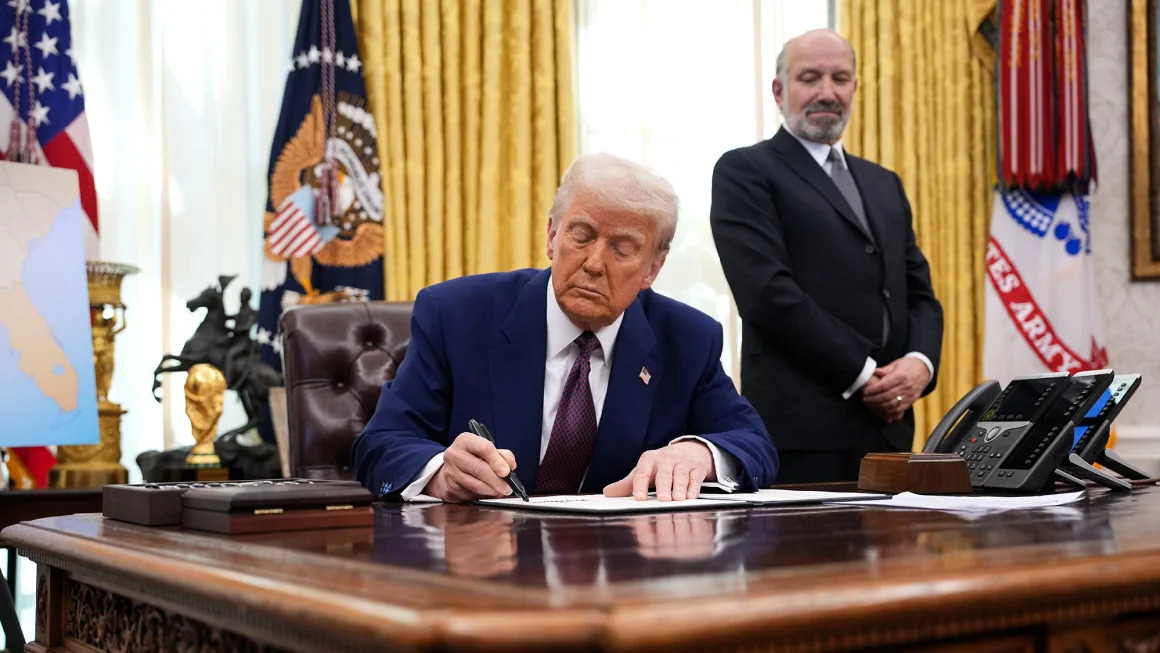Fact Check: U.S. Trade Deficit With Canada Much Smaller Than Trump’s Claim
U.S. President Donald Trump has repeatedly claimed that his country is subsidizing Canada to the tune of $200 billion annually due to a trade deficit—an assertion economists strongly dispute.
Trump’s widely fluctuating estimates have ranged from $100 billion to $250 billion, depending on the occasion. Speaking at the World Economic Forum, he suggested that annexing Canada as the 51st U.S. state would eliminate the deficit and remove the need for tariffs.
According to the U.S. Census Bureau, the actual trade deficit between the U.S. and Canada was $63 billion in 2024, a fraction of Trump’s claim.
While Canada is the largest buyer of U.S. exports—purchasing $349.4 billion worth of goods—Trump has fixated on the gap in imports and exports, framing it as a financial loss for the U.S.
However, economists say trade deficits are not subsidies. Moshe Lander, an economics professor at Concordia University, explained that Trump’s view of trade as a “zero-sum game” is flawed.
“He’s just hearing the word deficit. And that’s the end of his math calculation,” Lander said.
Experts say trade deficits do not mean one country is losing money to another.
University of Toronto economist Joseph Steinberg explained that the U.S. attracts foreign investment because of its economic strength, making deficits a natural part of global trade dynamics.
“A trade imbalance is not a form of subsidy,” Steinberg stated.
For instance, Canada exports cheaper aluminum to the U.S. due to its abundant hydroelectric power, benefiting American manufacturers. Similarly, Canada supplies the U.S. with 4 million barrels of oil daily, providing lower-cost energy than other international suppliers.
Without these imports, the U.S. would face higher manufacturing and energy costs, making its industries less competitive globally.
Economists note that Canada’s trade surplus with the U.S. disappears when energy exports are excluded.
“The size of that deficit is largely a function of oil prices,” Steinberg explained, noting that the U.S. benefits significantly from Canada’s lower-cost energy.
Although Trump argues that reducing the trade deficit would make America stronger, experts point out that it could harm U.S. consumers by raising prices on essential imports.
Trump’s suggestion that Canada should become a U.S. state has been widely dismissed as political rhetoric. However, Canadian leaders, including Prime Minister Justin Trudeau, have acknowledged that Trump’s aggressive trade stance is a challenge Canada must prepare for.
As the 2025 U.S. election approaches, Trump’s economic claims about Canada are likely to remain a contentious issue, with experts continuing to fact-check his exaggerated trade deficit figures.

